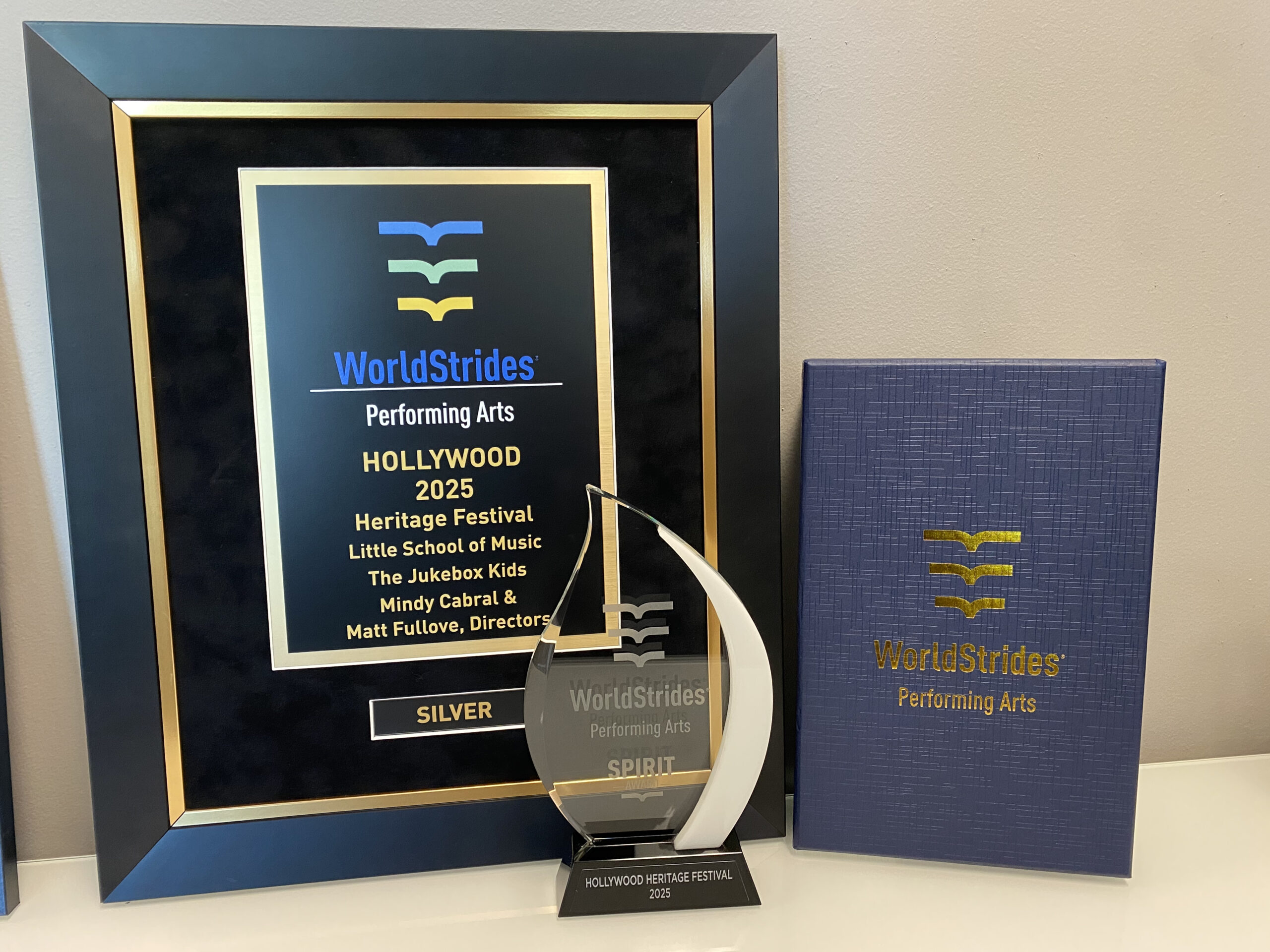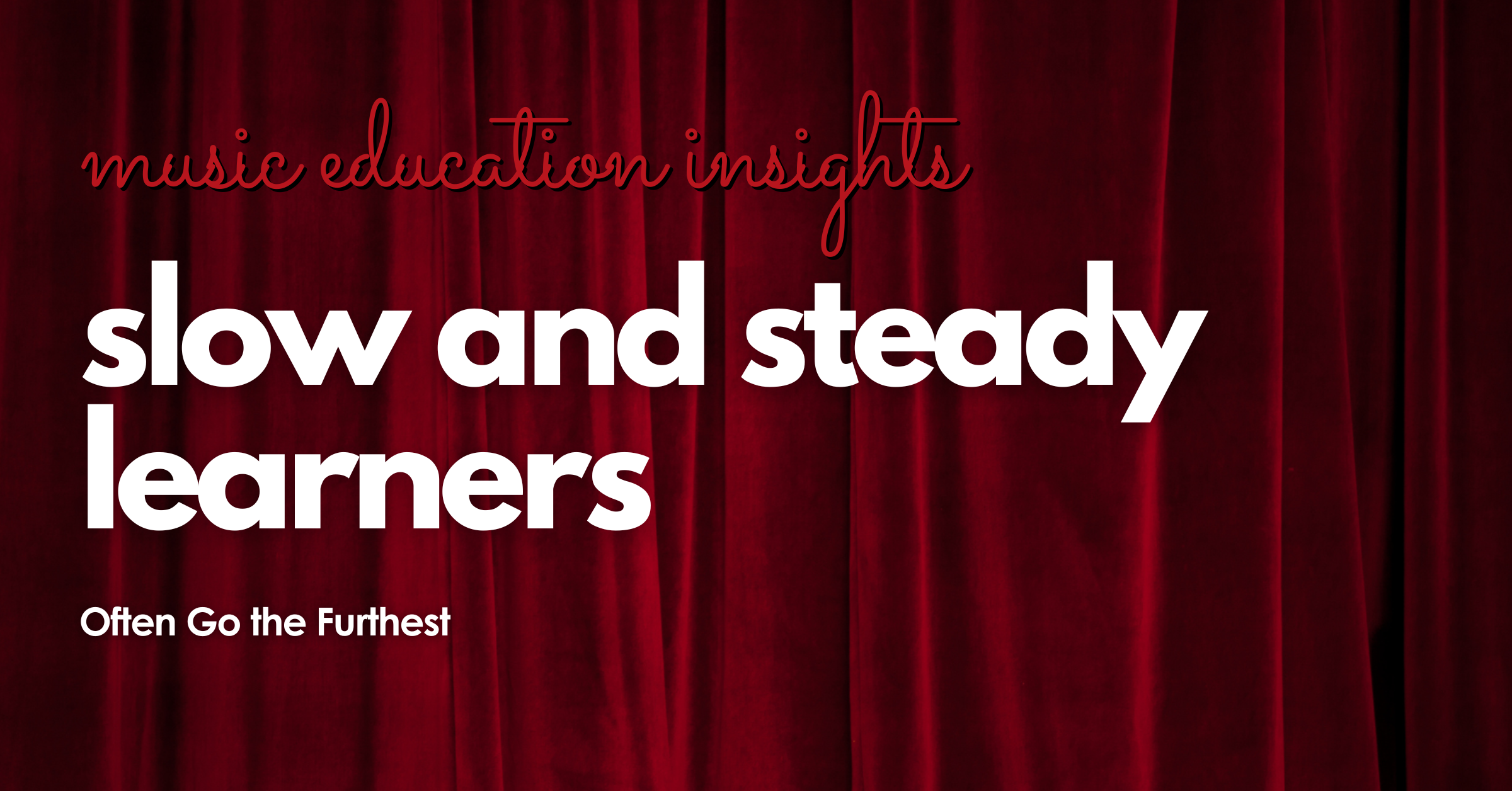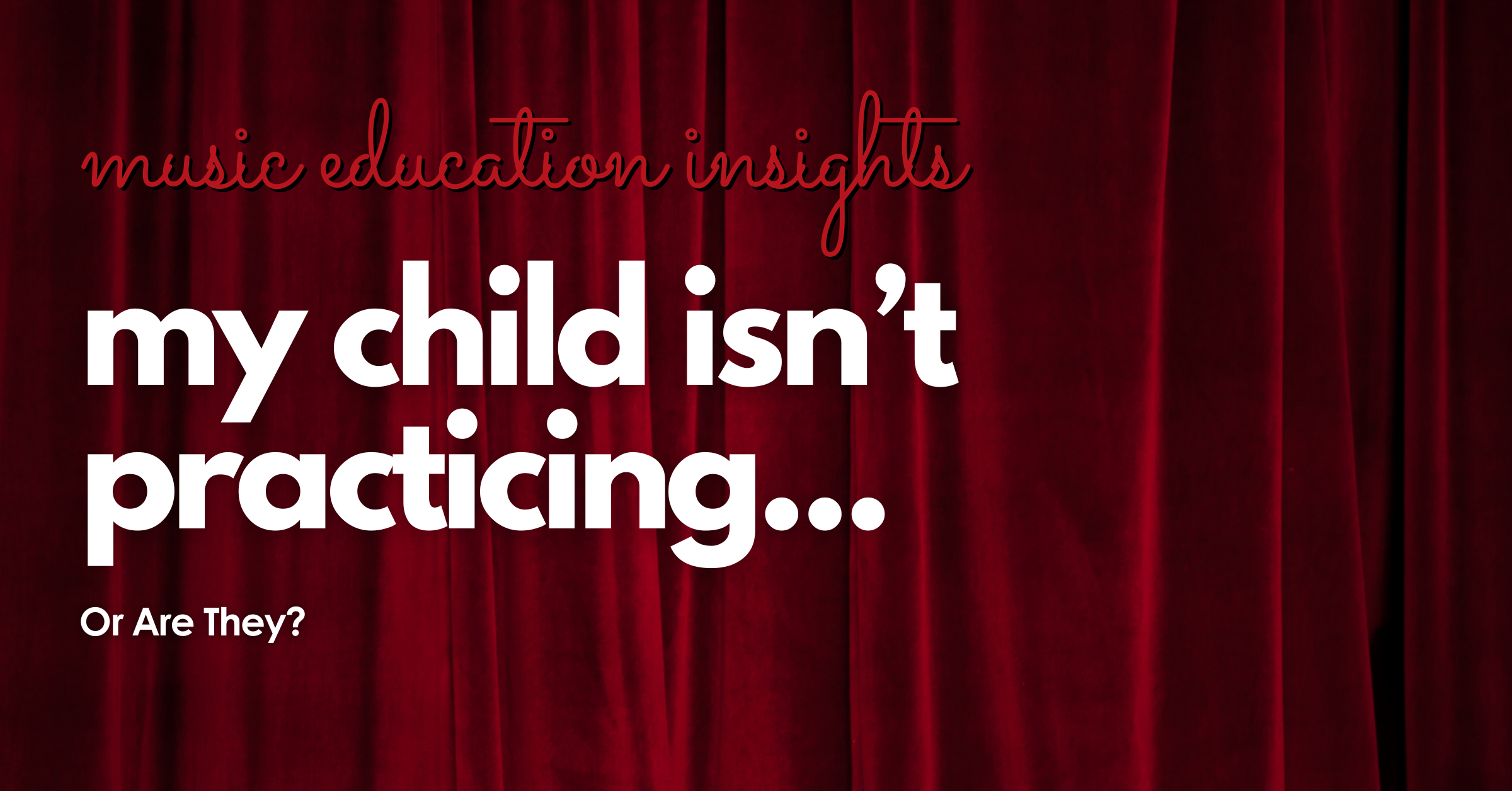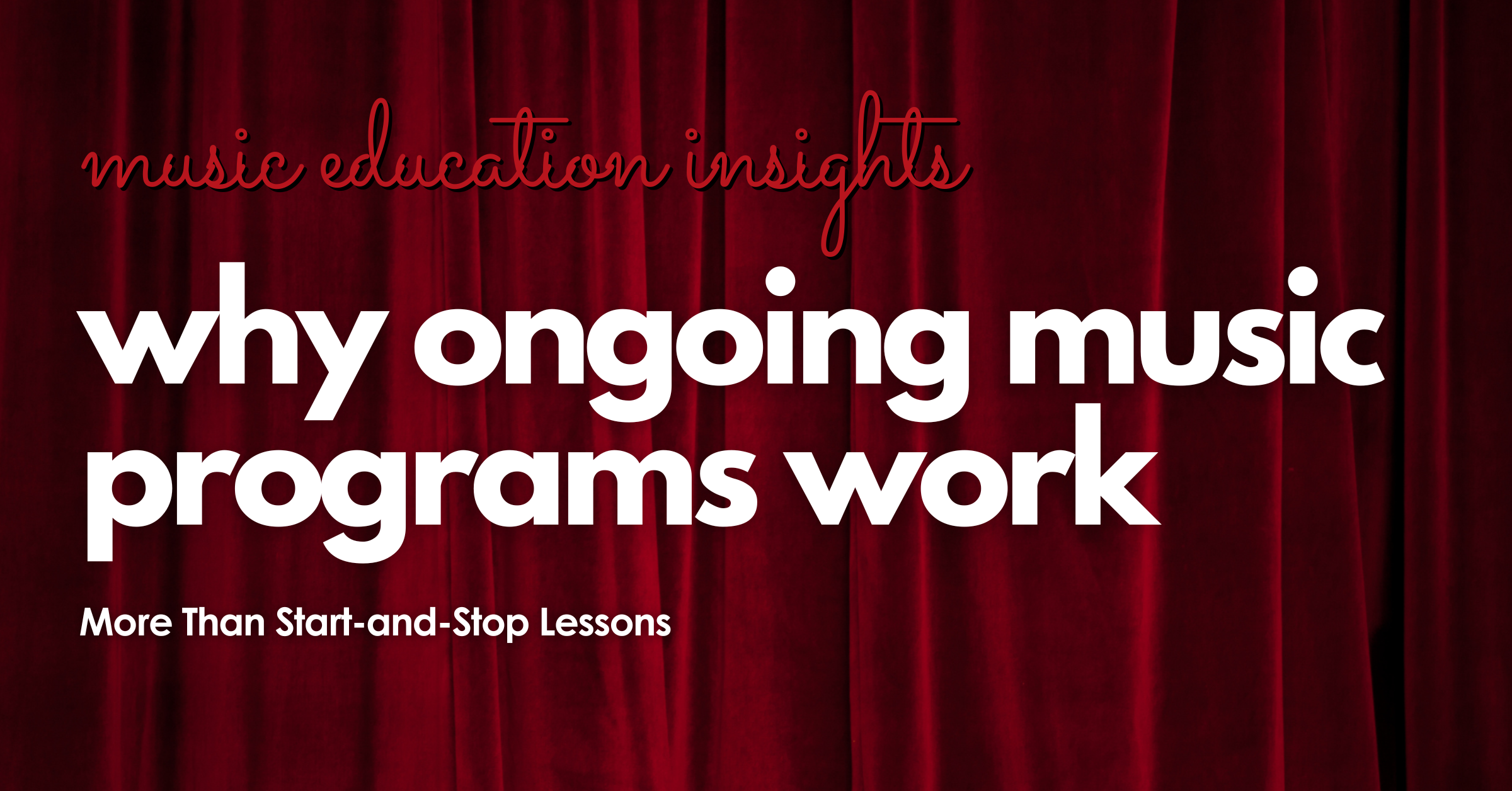One of the Music Directors I work with has truly come a long way since he started working with our bands. He’s a drummer by trade, with a limited background in guitar, voice, or other instruments. When he first started directing bands a few years ago, his confidence was low. After a few months, he expressed to me that he wasn’t sure he could continue because he felt like he couldn’t help the kids play their parts. 💔 You can imagine how that must have felt.
I reassured him that he could absolutely do it and that all he needed was some support. The main problem was that the kids in the band weren’t coming prepared with their parts learned for rehearsal. As a result, they couldn’t actually rehearse together as a group, which left him feeling stuck and unable to guide them effectively.
So I explained to him the difference between practicing and rehearsing and that this is something the students needed to understand. Practicing is about developing your own individual skills and learning your part to a song. Rehearsing is when the group comes together to put all the individual parts together. If you practice during rehearsal, it wastes everyone else’s time because they’re left waiting for you to learn your part. This isn’t fun for anyone.
To help, I suggested a few things:
- Involve private teachers by communicating with them about what the students are playing and where they need help. This ensures students get one-on-one attention, can learn their parts, and pick up the skills they need.
- Invite older students with band experience to sit in as student TAs, so if the kids need extra help, they can turn to someone they trust. This also gives the TAs some responsibility and leadership experience.
This strategy helped shape how our band program works now at Little School of Music, promoting community, collaboration, and a “pay it forward” mentality. It also helped our director gain the assurance to lead the band, and now he’s empowered to take them to perform in the local community and beyond.
Recently, we attended the WorldStrides Heritage Festival, and our director’s growth was evident! The kids performed beautifully and we were even awarded the Spirit Award, an honor that recognizes the group demonstrating exceptional team spirit and enthusiasm. This award is about more than just performance scores; it celebrates the positive attitude, engagement, and teamwork of a group.

When I explained what the Spirit Award meant to our parents, they absolutely loved it. It aligns perfectly with our philosophy of holistic music education, where the lessons learned go beyond notes and rhythms. The award also highlights the “extended benefits” of music education, which we always strive to promote.
Receiving the Spirit Award was a high note for us, not just because of the recognition from the WorldStrides team, but because of how the kids, parents, directors, teachers, and TAs have come together with open arms, collaboration, and support. It’s the “spirit” of what it’s all about. It’s about character, community, and how we learn these qualities through music, bringing us closer together as friends, families, and mentors.
The perspective of these experiences and moments may change, but we never stop learning. Some say it’s not about the destination, but the journey along the way. For us, it’s really about who we become, who we impact, and how each step we take helps us grow. Every milestone is a marker of progress that moves us closer to becoming the best versions of ourselves.
I am beyond thrilled to see the real impact we are making at Little School of Music on our students, families, educators, and the entire community. It’s real, it’s memorable, and it’s growing.



